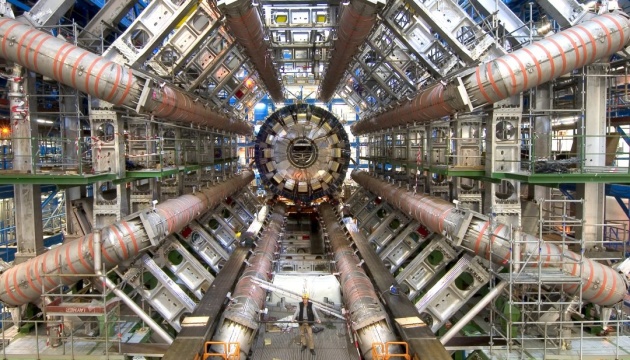The world’s largest particle accelerator (Large Hadron Collider) was interrupted to save electricity.
This was reported by the Sueddeutsche Zeitung, reported Ukrinform.
Thus, due to the energy crisis, the European Organization for Nuclear Research (CERN) stopped the work of the collider located on the border between France and Switzerland near Geneva on 28 November, two weeks ahead of schedule.
In 2023, it is planned to reduce the working time by 20%.
It was noted that the French electricity supplier EDF requested a reduction in working hours. This should significantly relieve the system: During a full year of operation, the collider consumes as much electricity as the homes of a city of 300,000 inhabitants.
During the operation of the collider, about two billion collisions occur between protons every second. Physicists learn about the building blocks of matter through decay processes. Shorter execution time means fewer collisions. Since the accelerator and data loggers operate within the performance limits, the loss cannot be compensated. But as head of research Joachim Mnich noted, “20 percent fewer collisions can be tolerated this year and next year, compared to the accelerator’s current four-year operating period.”
According to him, “If electricity prices remain high in the long run, it may mean that we will have to cut or extend the physics program.”
Experts check the places where it is possible to save electricity.
Saving measures are also implemented in scientific institutions of other European countries.
As reported, the world’s largest elementary particle accelerator is located in a tunnel (shaped like a donut with a circumference of 27 km) up to 175 meters deep. More than 10,000 scientists and engineers from more than 100 countries of the world, representatives of various universities and laboratories are funding and developing the project.













